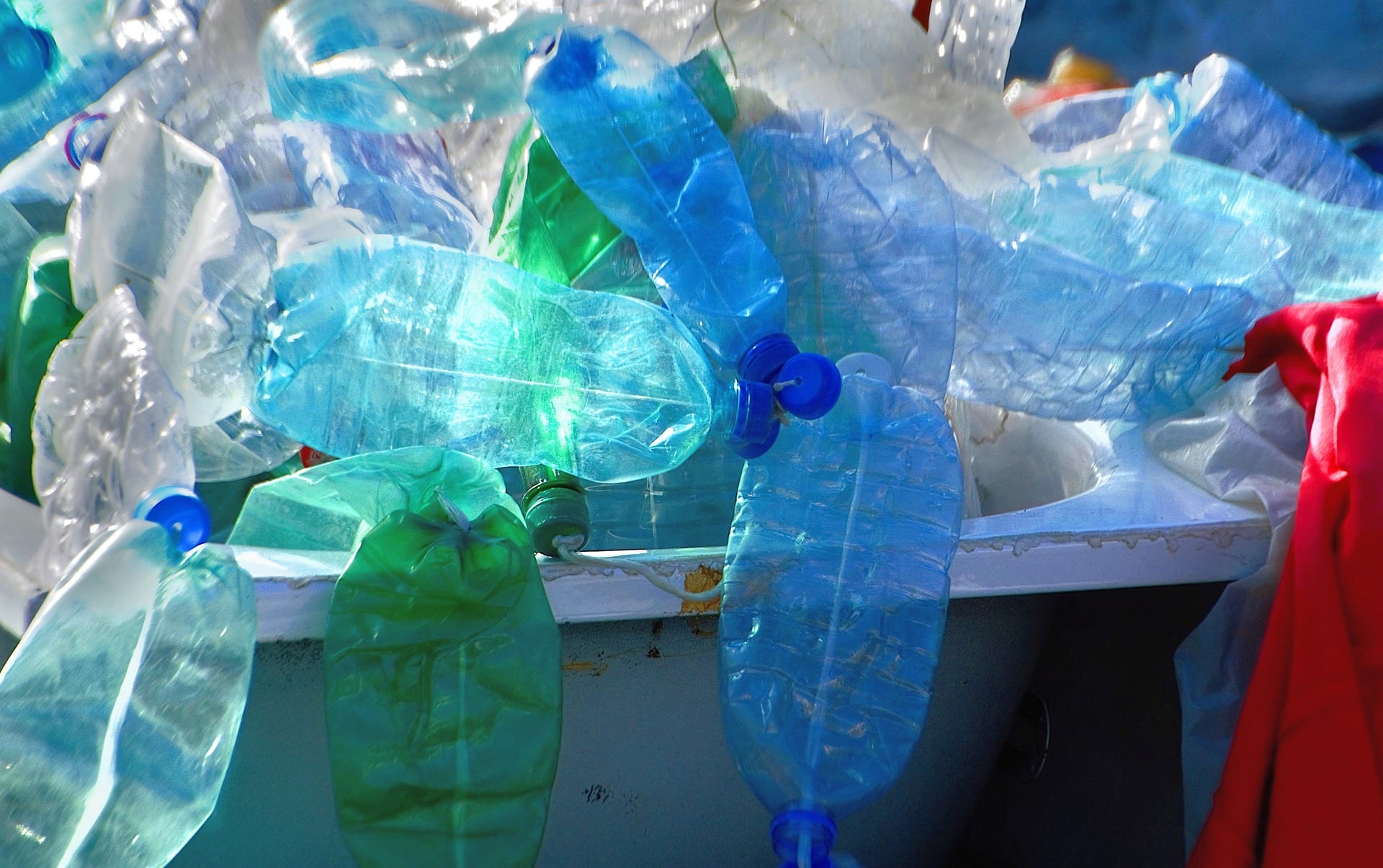In this article we are going to discuss about the things that can be recycled. Recycling refers to the process in which an already used item is treated and processed, such that it is made suitable for reuse so that the resources involved in the particular article are not wasted and can be further utilized. Recycling has emerged as one of the few methods for the protection of our planet and our valuable natural resources, amidst our exponentially increasing demand for new commodities.
What are the things that can be recycled?
Hence to provide more knowledge and awareness on this extremely important topic, we highlight the top 10 things that can be easily recycled and also mention how we can contribute to this noble task of recycling.
1. Paper
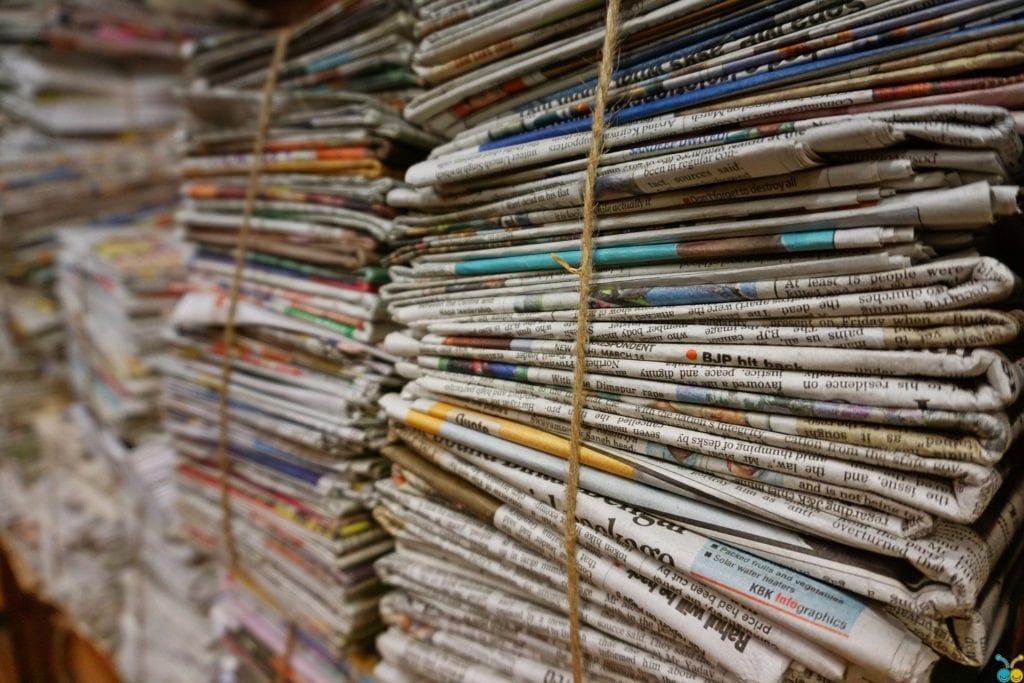
One of the prime things to recycle today is the huge trash of papers that we possess, as even in the digital age, papers make up more than 28% of the solid trash in the landfills. This data gives us a real sense that how much we are dependent upon papers even in the modern world, and makes us realize how much paper waste is generated daily in the world. Now the mistake that we do is that to get rid of excess paper waste, we generally burn them, thus producing more carbon dioxide and affecting the environment. But, on the contrary recycling of papers can lead to innumerable benefits for humans.
Facts show that recycling one ton of paper saves the energy equivalent to the energy needed to power the average U.S. home for six months and saves about 7,000 gallons of water and thus makes everyone realize how recycling paper can lead to a tremendous protection of our energy and water resources. Moreover, recycling paper and reusing them decreases the daily cutting rate of trees for supplying fresh demands of paper, and we all are quite well aware of how trees are extremely beneficial for the existence of human life on earth. In addition to this, they can also reduce the greenhouse effect and global warming, and hence papers are the primary things that we should recycle.
Click Here: Interesting Articles to read when bored
2. Cardboards
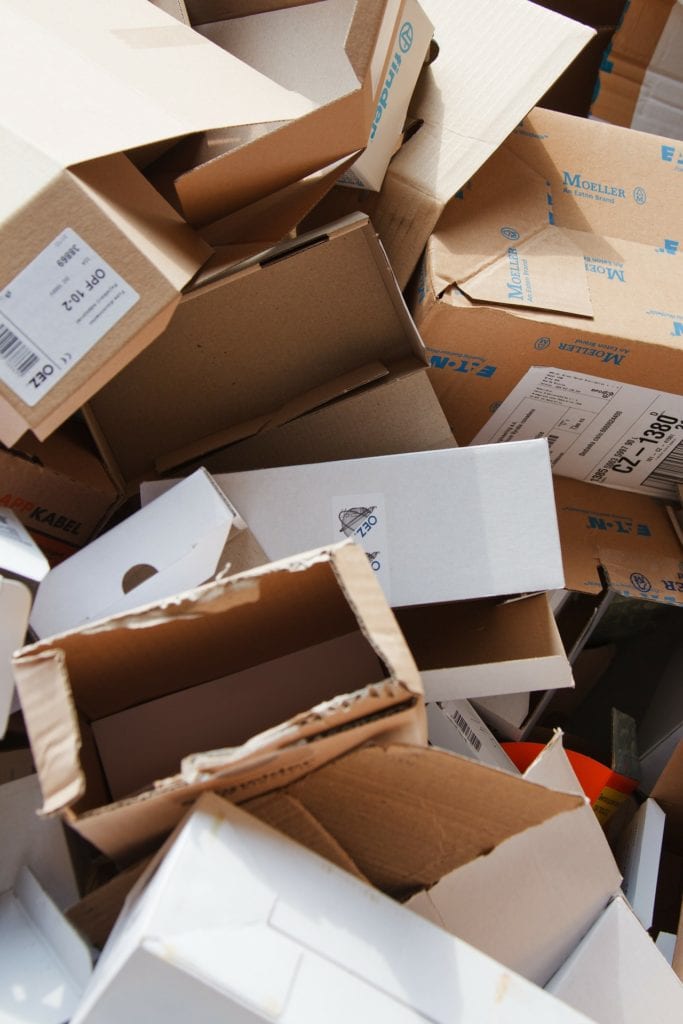
Cardboards are an example of another common thing that we frequently use in our daily lives, but most of us just throw it away and hardly anyone ever bothers to recycle it. Now, cardboards consist of cardboard fibers, and are mainly made up of new and recycled papers, which are again tree products, and making one ton of cardboard requires 3 tons of trees. Therefore recycling cardboards can enable us to save several cubic yards of landfill space, energy, and most importantly prevent deforestation since treses are necessary for human existence.
Instead, we must open the cardboard boxes, flatten them out, and dispose them only at recyclable sites, where they are baked and sent to a mill, shredded into small pieces, and put in a pulping machine to introduce water/chemicals and break down the cardboard into fibers in an attempt to recycle and reuse their materials.
3. Batteries
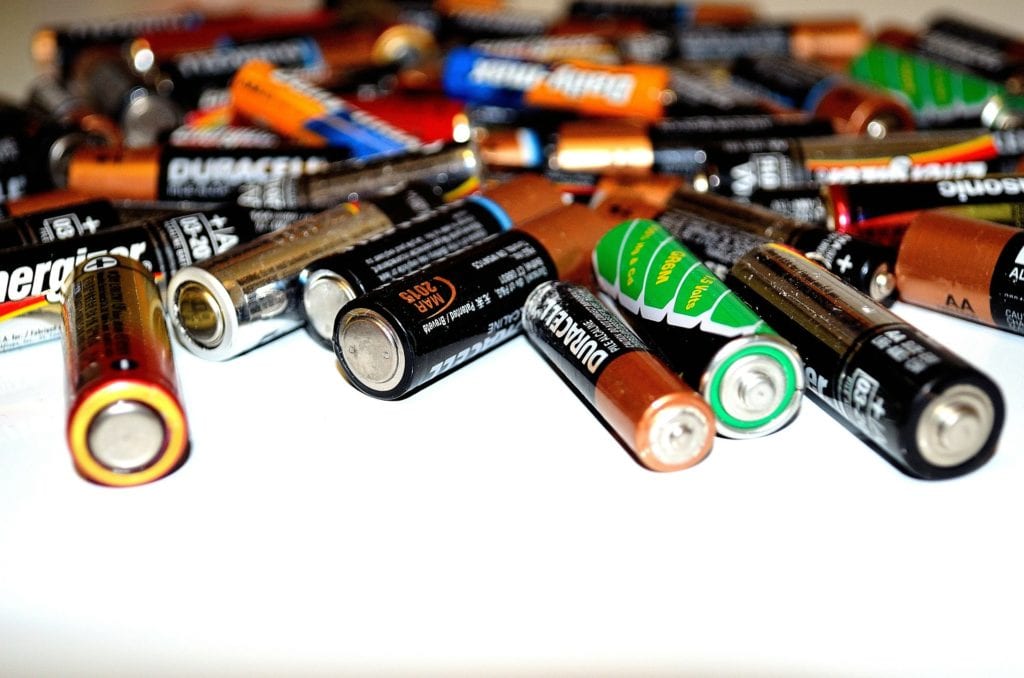
Another regular thing that we often use and throw off without thinking that its improper disposal can cause any damage is a single-use battery. However, we must remember that by recycling batteries we can reduce the waste sent into landfills, conserve natural resources such as metals and minerals, save energy, reduce greenhouse gas emission as well as prevent pollution due to frequent mineral extractions caused due to rapid demands of batteries. Hence we must remember this before casually throwing off a battery that its recycle could have been of such a benefit to the society. Now the question arises how.
Well to answer this we, the common people can’t directly recycle batteries but what we can do is before dumping batteries, we can call our local solid waste district to find out if our community has a collection program or upcoming event, or else search for recycling centers nearby using the Earth911’s recycling search website, which is itself a big organization taking giant strides for promoting this cause.
Read Also: Top 10 Most Important Inventions of all time
4. Cell Phones
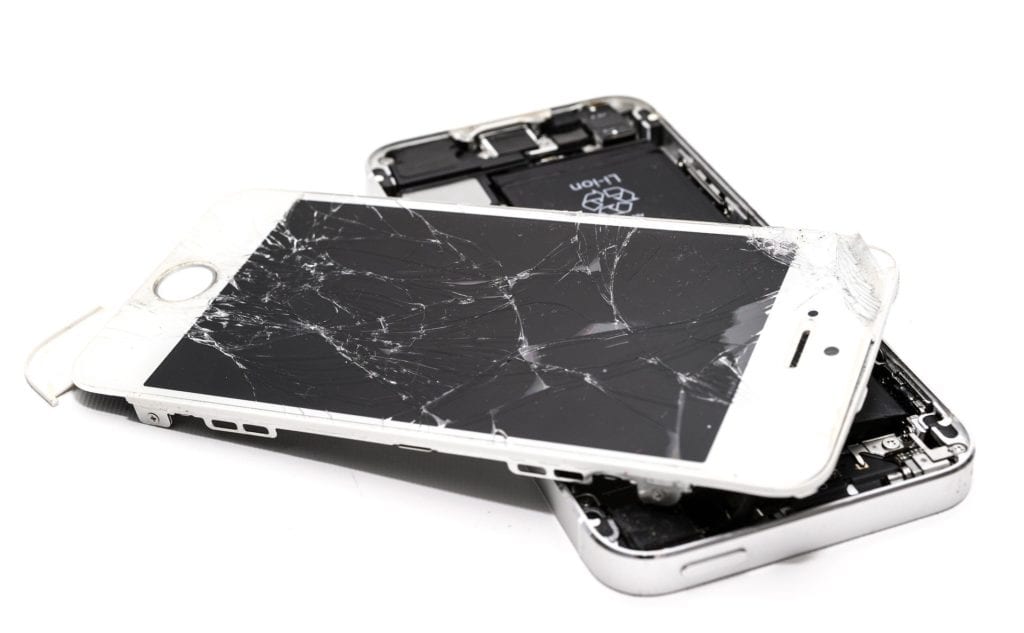
Cell phones are another very common commodity that almost every person uses in the modern world, whether they be rich or poor, kids, or old people. Hence due to the vast and innumerable number of cell phones being sold and used worldwide today, people need to be able to properly dump and recycle them to prevent huge storeys of mobile phones blocking the landfill areas, as well as seeping of hazardous materials like lead, mercury, arsenic, cadmium, and brominated flame retardants in the grounds which curb mining and agricultural processes and promote health issues. Thus we all must attempt to recycle our used and damaged mobile phones.
For this, we first have to delete all our information from our phones, and then get in touch to donate our phones to the Eco Cell organization that is on a mission to reuse and recycle as many cell phones as possible. Other than this, we can also donate our unused phones to soldiers or poor donation programs to promote their reuse rather than throwing them away.
Read Also: What to do when your phone falls in water?
5. Aluminum Cans
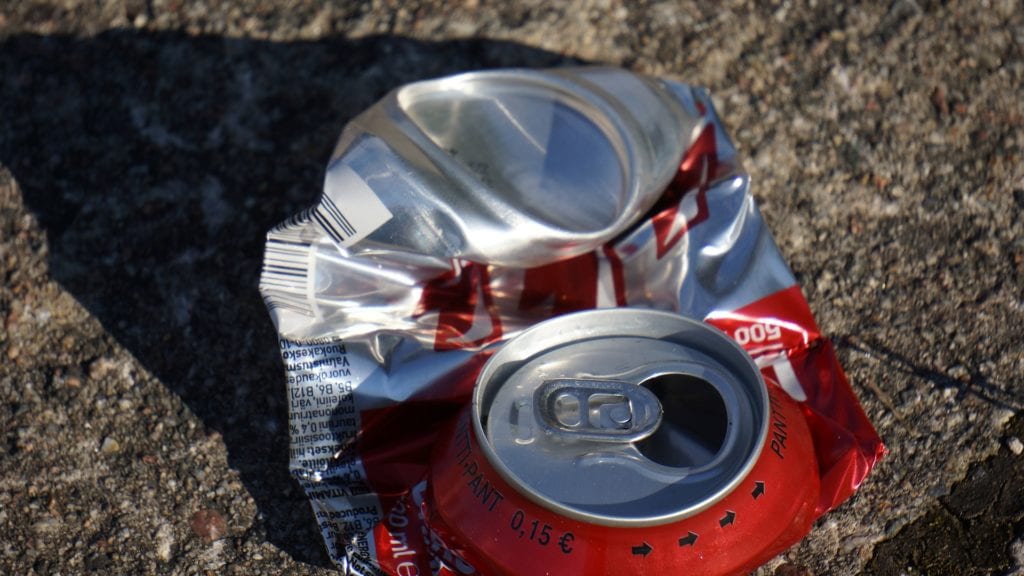
Aluminum cans are another commodity that we frequently come across in our daily lives, and kick them away carelessly, without ever pondering over their effects on our environment. But here is what is scientifically proved that recycling of aluminum from its cans can save a huge amount of energy and money that is required to extract new and pure aluminum from its ores as well as prevent 95% of the greenhouse gas emissions that occur due to the primary production process of aluminum. Hence instead of kicking away aluminum cans, we must attempt to recycle them by performing the small job of throwing them into proper municipality dustbins, from where they can be collected and taken to treatment plants, where they are further sorted, treated and hence reprocessed and reused.
6. Running Shoes
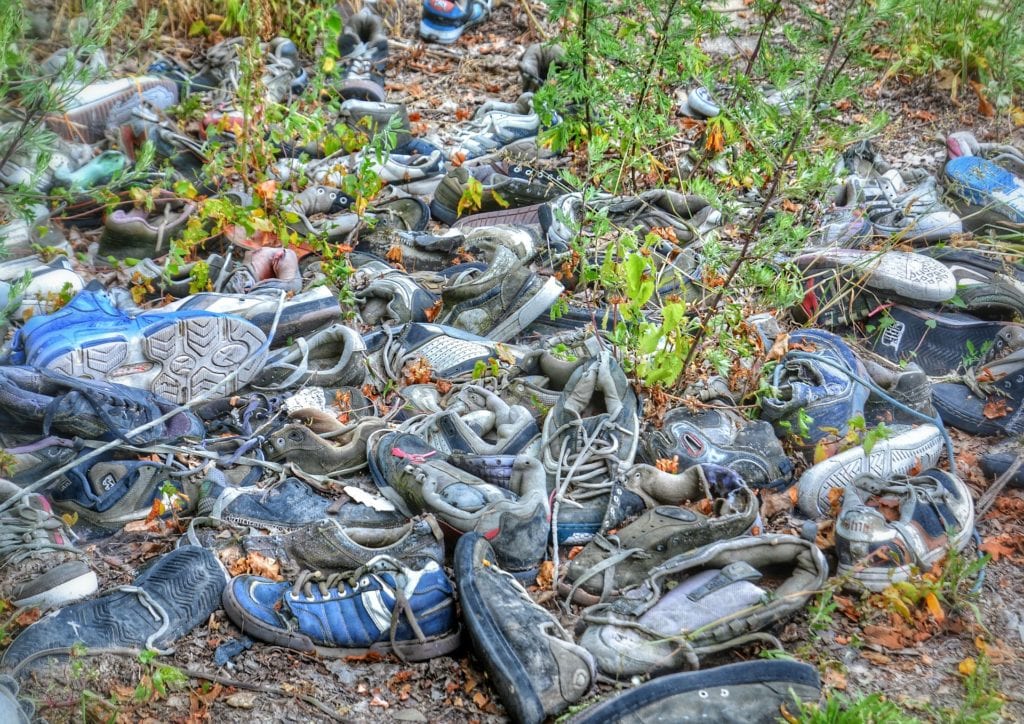
Running Shoes are articles that people use quite frequently and throw them off once they are a bit worn out, as they \do not contribute to make their running effective. However, we must realize that just by not throwing away a slightly worn-out running shoe, and giving it for some noble cause, we can have a huge impact on our neighborhood and mankind. The first and simplest option is definitely to donate our running shoes to poor children and people, who don’t have money to buy a new pair of shoes and for whom even our worn-out shoes are of great help. This is unarguably the best method of reusing our worn-out shoes.
The other thing that people can do is search for companies who are undergoing the reuse-a-shoe movement, as often undertaken by Nike and other famous brands, under which they collect worn-out shoes of any brand and recycle them by extracting their materials or by repairing them and handing them out to the unfortunate people.
Click Here: Best websites to buy Shoes online at lowest prices
7. Plastic
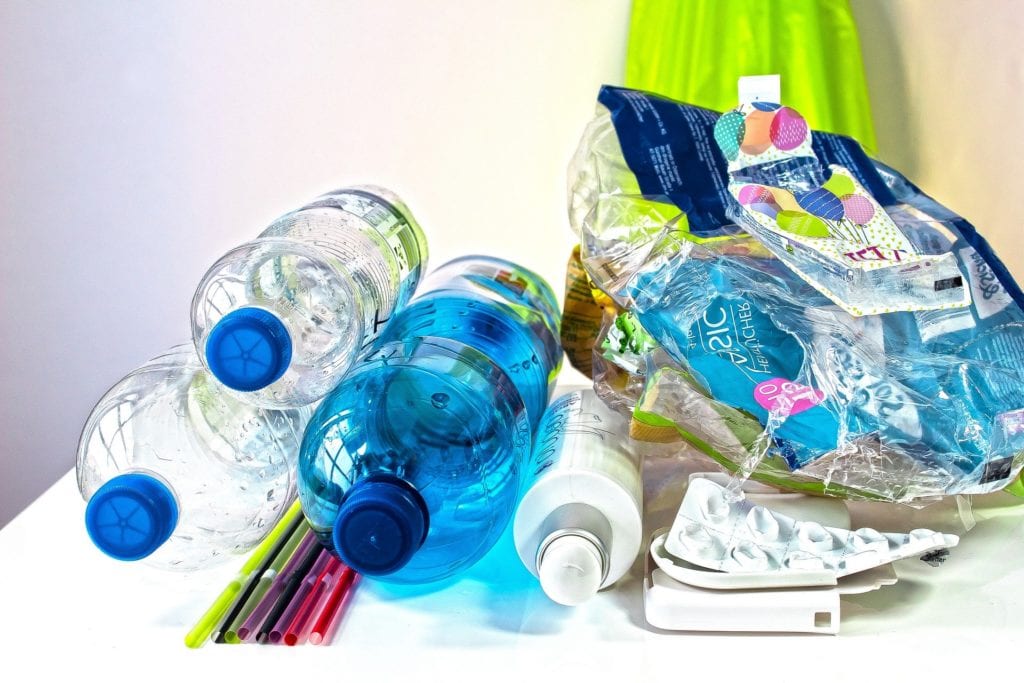
Plastic is another commodity that is widely used in our daily lives, but the problem with plastics is that instead of filling up a major part of our landfill areas, plastics are generally non-biodegradable and take millions of years to degrade. Hence they are hardly recyclable. Thus we must minimize the use of plastics as much as possible, and attempt to recycle them to the fullest amount. For this, we have to properly dispose of plastics, such that they reach their treatment plants, where they are decomposed using high heat. Such recycling of plastic by high heat after separating and shredding the particles involves the usage of heat gasification to recycle plastic waste into ammonia, used to manufacture many products, and CO2 for carbonization. Thus plastic wastes can be very recycled like this in a very controlled manner.
8. Clothes

Clothes refer to another essential commodity that we use regularly during our lifetime, and normally throw them off carelessly once they become unusable or lose their brightness or charm. However we forget that by recycling clothes instead of randomly throwing them away, we can prevent huge dumps created at the landfills, as well as waste the several materials and resources including premium quality fibers, cotton, and leathers that are used in manufacturing those clothes. Hence, instead of throwing away those clothes, we must make attempts to recycle and reuse them. To reuse, we can donate our old clothes that are in a usable condition to the poor people, whereas we can repurpose and use the completely unusable items of clothing or sell them off to organizations that effectively do this job, thus enabling productive recycling of the clothes.
Read Also: Advantages-of-reading-newspaper-over-internet/
9. Glass Containers
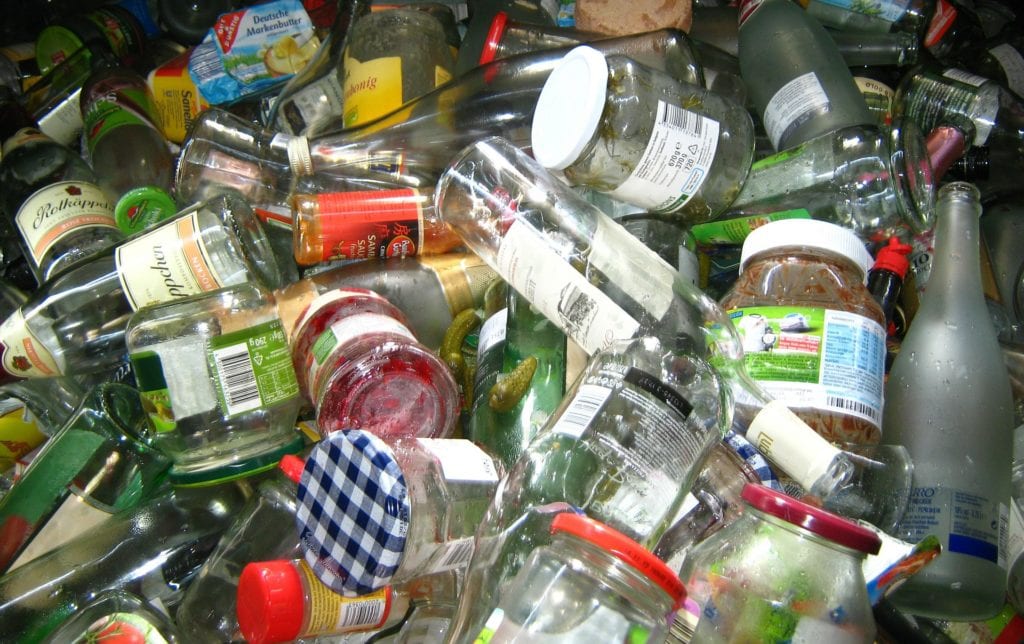
Glass containers are another commodity that we often use and throw away afterward. We must know that glass is non-biodegradable and hence it should not be thrown away carelessly as it will lead to extreme solid waste pollution. Thus, the best possible way to recycle glass is to reuse it is to separate glass containers from all other types of glasses, and avoid breaking them off and giving them off to suitable recycle organizations like the earth911 to make them suitable for reuse, since reused glass containers can serve as a substituent to 95% of the raw materials used for manufacturing glass.
10. Steel
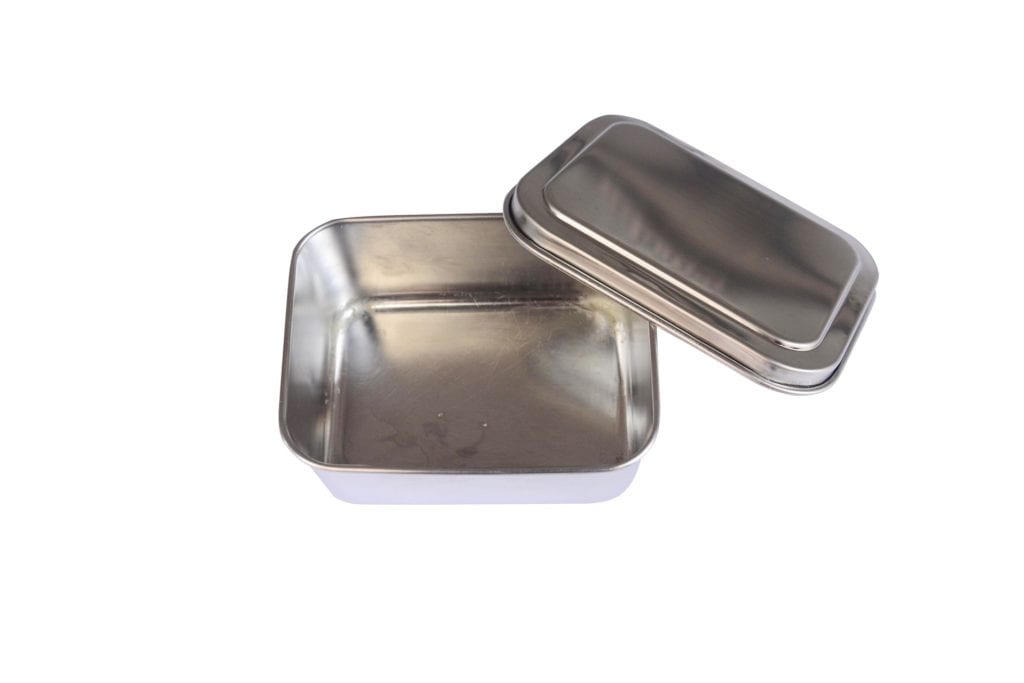
Steel cans are the ones that are used to hold coffee, tea, vegetable oils, and other packed food and are also referred to as tin cans. Normally we just throw such cans after use without caring much, but we must remain aware that recycling such tin or steel cans can lead to huge resources, energy, and monetary savings that are required for producing new steel cans. Such steel cans can be recycled by simply disposing them into the municipality dustbins, from where they are automatically taken to treatment plants, where they are treated, reprocessed, and are made fit for reuse. We should further promote the buying of recycled steel cans to ensure the smooth rotation of the circle.
Thus the above article highlights the top 10 things that can be recycled for the betterment of our planet, as well for the protection and restoration of our earth’s natural resources.

